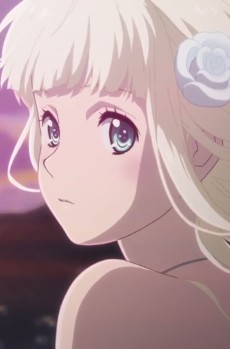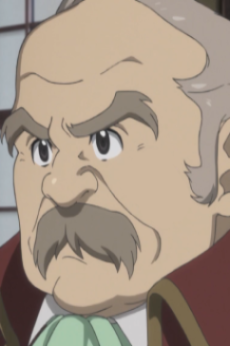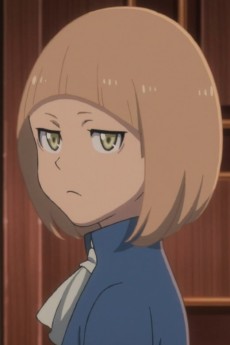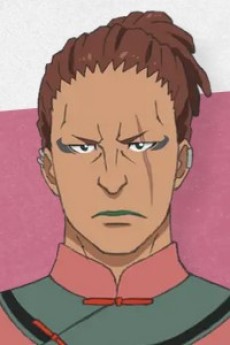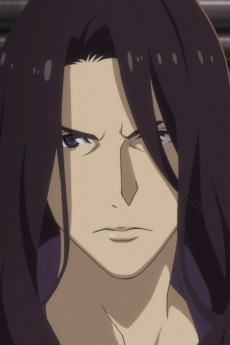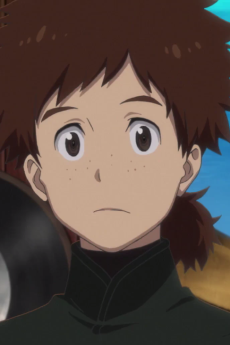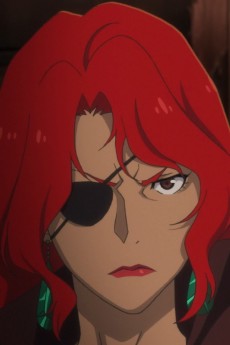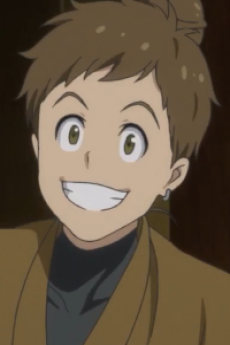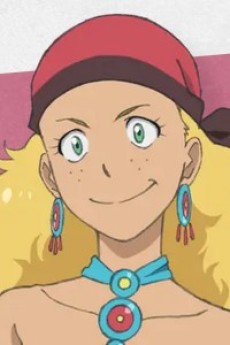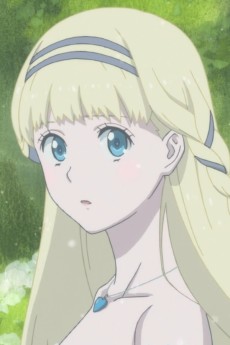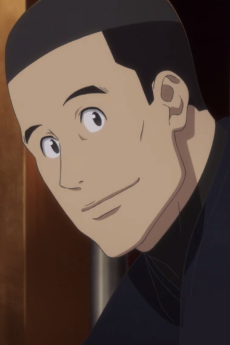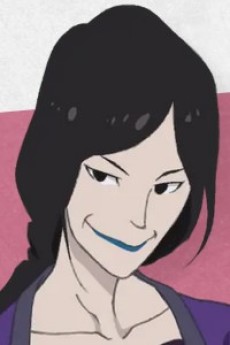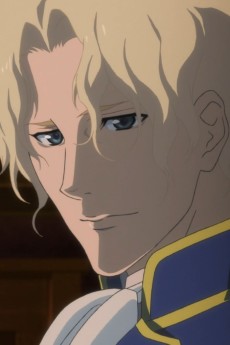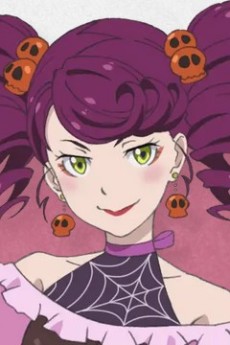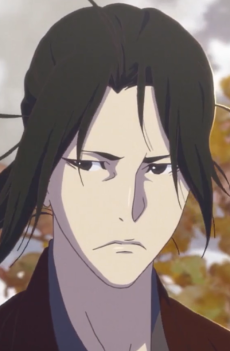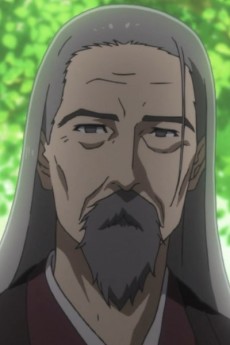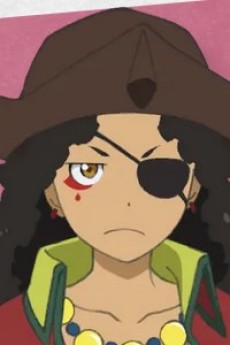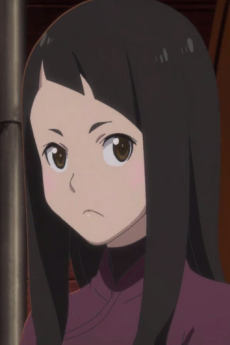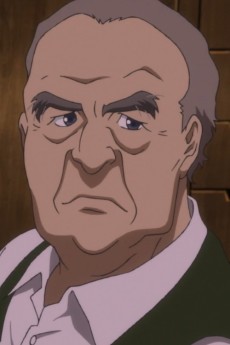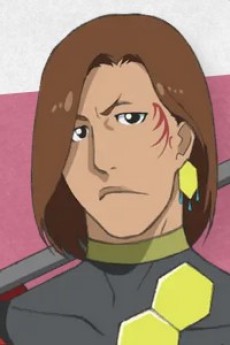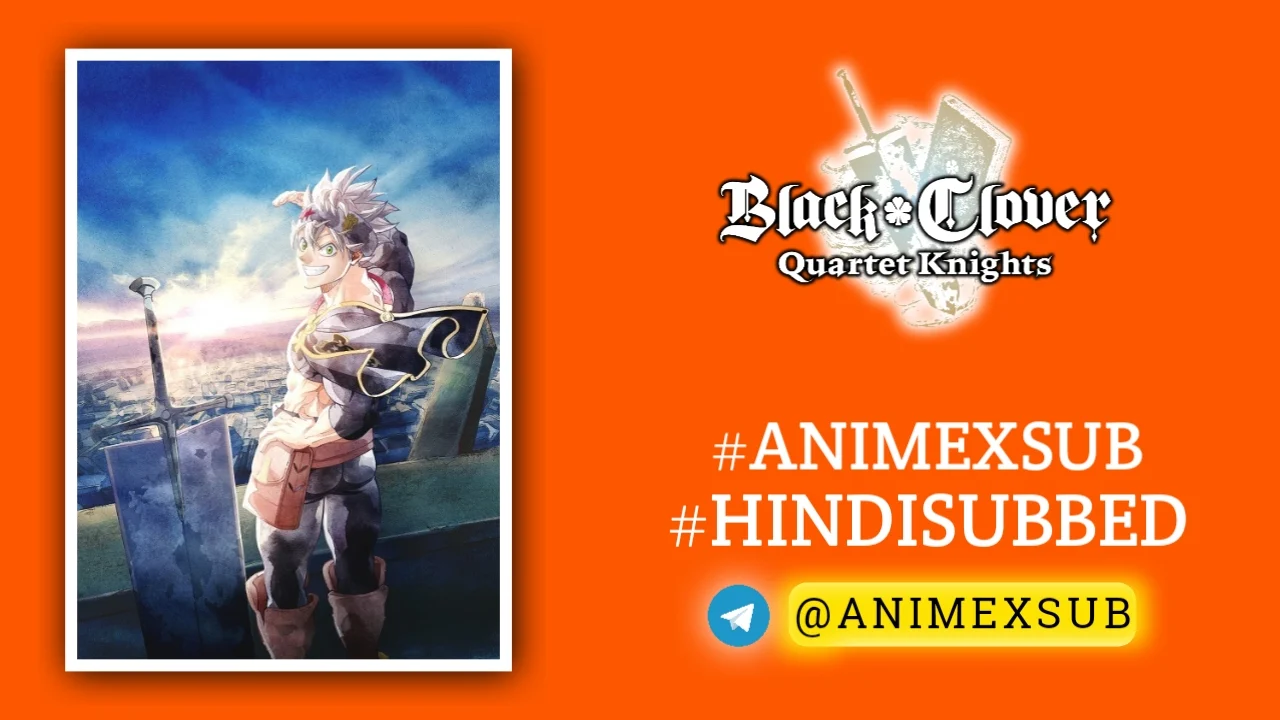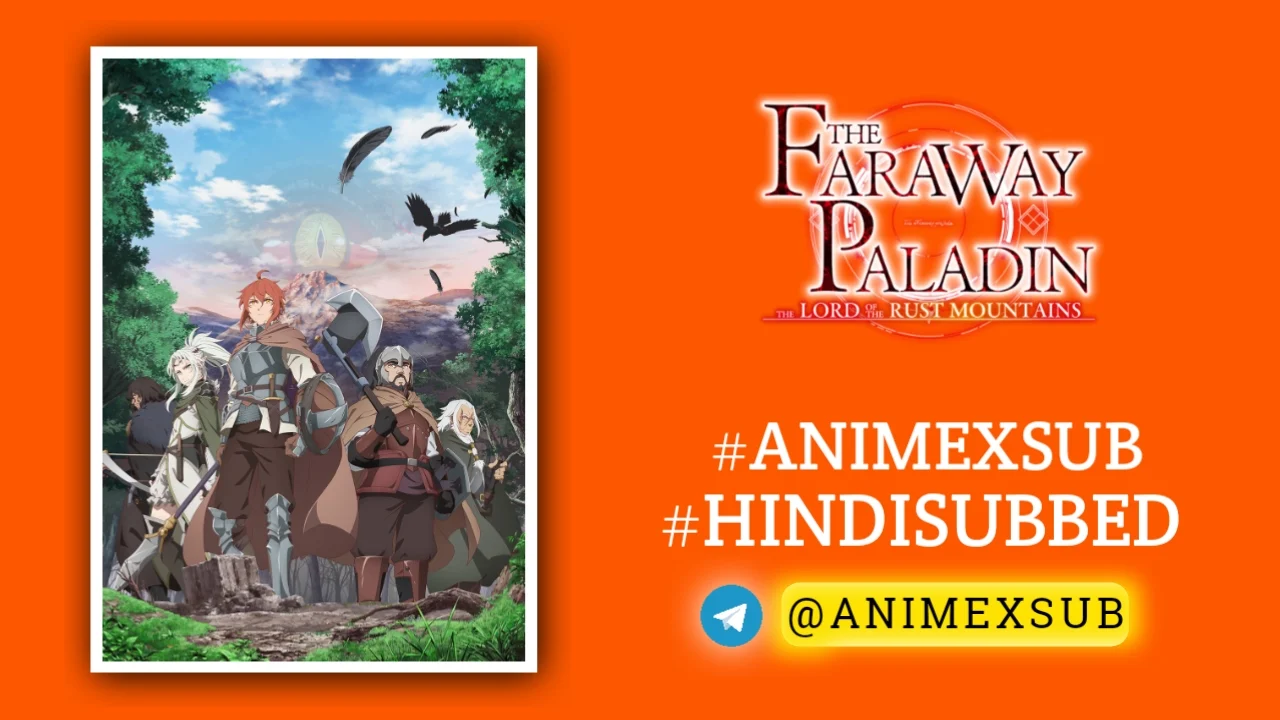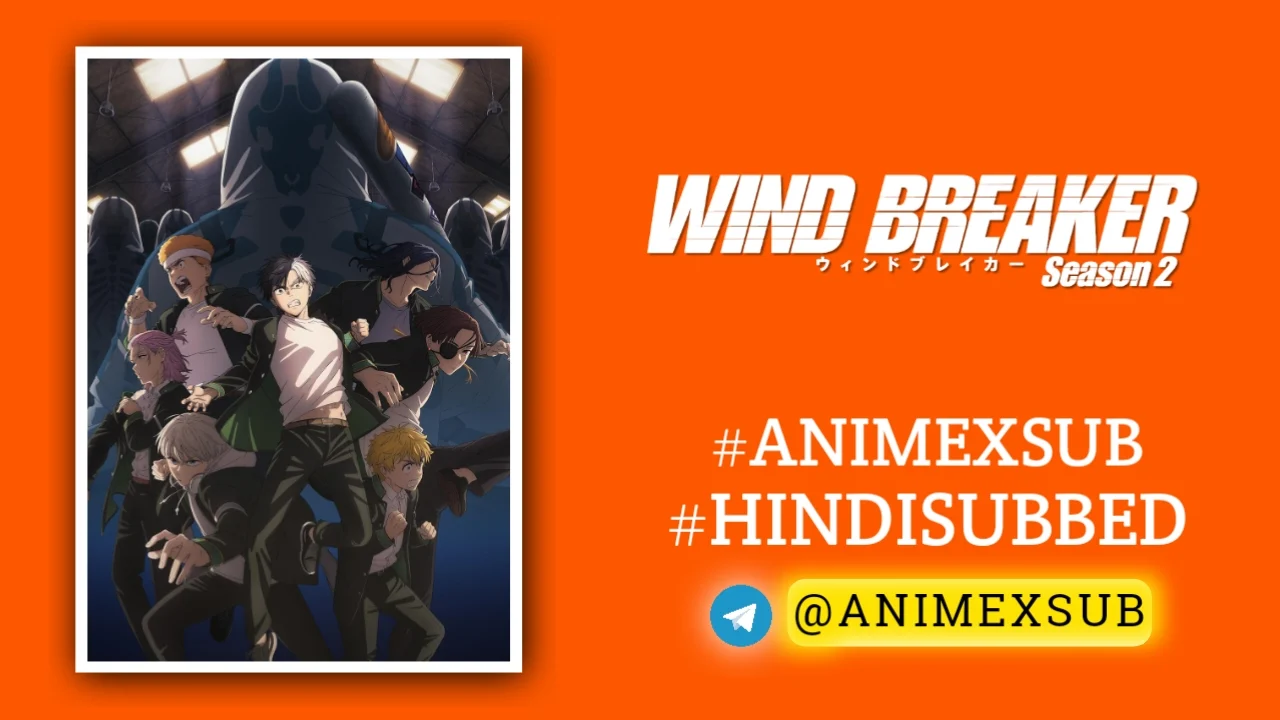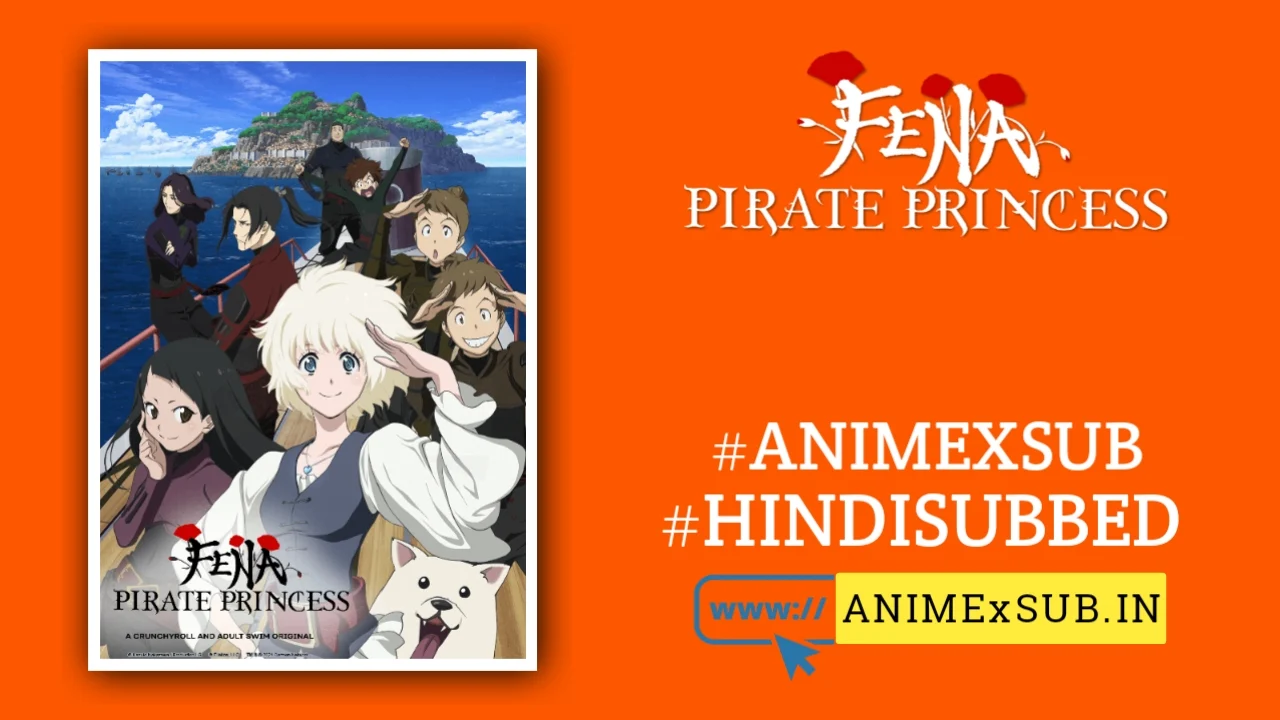
Fena: Pirate Princess Hindi Subbed [12/12] | Kaizoku Oujo Hindi Sub!!
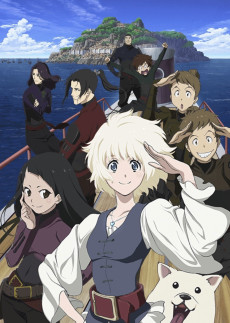
Kaizoku Oujo
Fena: Pirate PrincessSynopsis
Fena Houtman is a young orphan girl that has been raised on an Island where there is no hope of becoming anything more than chattel, to be used and discarded by soldiers of the British Empire. But Fena is more than just another powerless orphan. When her mysterious past comes knocking, Fena will break the chains of her oppressors. Her goal: forge a new identity, free of bondage, and search for a place where she can truly belong and find out the true mysteries behind a keyword "Eden." It is the story of a lifetime adventure she and her crew of misfits and unlikely allies will have, in pursuit of her goals! (Source: Crunchyroll)
Watch Trailer
Characters
Fena: Pirate Princess Season 1 – A Swashbuckling Spectacle That Soars and Stumbles
Fena: Pirate Princess Season 1, a 2021 original anime co-produced by Crunchyroll and Adult Swim, sets sail with ambitious promises of high-seas adventure, ninja-pirate clashes, and a spirited heroine carving her own destiny. Directed by Kazuto Nakazawa and brought to life by Production I.G., the series blends a fantastical 18th-century world with anachronistic technology, vibrant characters, and a mysterious quest tied to a cryptic past. While it dazzles with stunning visuals, infectious energy, and a unique narrative, the show grapples with pacing issues and an overstuffed plot that ultimately leaves its treasure map incomplete. This review dives deep into the series’ strengths, flaws, and uncharted potential, offering a fresh perspective on its place in modern anime.
A World of Pirates, Ninjas, and Enigmatic Quests
Set in an alternate 18th century where submarines and machine guns coexist with cutlasses and muskets, Fena: Pirate Princess introduces Fena Houtman, an orphaned young woman with alabaster hair and a hazy past. After surviving a traumatic ship attack as a child, Fena is raised in a brothel, facing a grim fate until she’s whisked away by a band of samurai-ninjas known as the Goblin Knights. Her father’s dying words—“find Eden”—propel her on a quest to unravel the secrets of her lineage, guided by a mysterious glass slab and fragmented memories. The narrative weaves historical references, supernatural elements, and a touch of Da Vinci Code-esque conspiracy, promising a pirate adventure unlike any other.
The show’s premise is intoxicatingly bold. It sidesteps the traditional pirate anime mold (think One Piece) by blending swashbuckling with samurai aesthetics, secret societies, and existential stakes. The inclusion of an all-female pirate crew, the Rumble Rose, and nods to historical figures like Grace O’Malley add layers of intrigue, while the fantastical elements—reincarnations, mythical treasures, and a pseudo-oracle protagonist—push the boundaries of the genre. This fusion creates a world that feels both familiar and alien, inviting viewers to explore its vibrant corners.
Visual and Auditory Brilliance
One of Fena: Pirate Princess’s undeniable triumphs is its production quality. Production I.G. delivers some of the most breathtaking animation of 2021, with every frame bursting with detail and color. From the windswept cliffs of Shangri-La to the misty ports of Germany, the environments are a visual feast, evoking a sense of epic adventure through grand vistas and intricate backgrounds. Character designs are equally striking, with Fena’s ethereal white hair and the Goblin Knights’ distinct silhouettes making each figure memorable. The action sequences—particularly the pirate-versus-ninja battles—are fluid and dynamic, blending swordplay, martial arts, and gunfights with a kinetic energy that feels like a love letter to classic adventure anime.
The soundtrack, anchored by Yuki Kajiura’s stirring opening theme “Uni to Shinju” (performed by JUNNA) and Minori Suzuki’s haunting ending “Saihate,” elevates the experience. The opening captures the thrill of the high seas, while the score’s mix of orchestral swells and period-inspired motifs complements the show’s tone. However, the music occasionally struggles to match the pirate-samurai aesthetic, missing the gritty edge one might expect from a swashbuckling tale.
A Charismatic Crew Anchors the Journey
The heart of Fena: Pirate Princess lies in its ensemble. Fena herself is a compelling protagonist—willful, tenacious, and brimming with infectious enthusiasm. Her refusal to be a damsel in distress, coupled with her goofy charm, makes her instantly likable, even if the narrative doesn’t always give her agency. The Goblin Knights, her loyal samurai crew, steal the show with their vibrant personalities and banter. Yukimaru, the stoic yet secretly soft-hearted love interest, shares a chemistry with Fena that crackles with understated romance, while characters like Shitan and the comedic twins Karin and Enju add depth and humor. The antagonist Abel, driven by a tragic obsession with Fena’s mother, brings a layered edge to the conflict, though his arc feels rushed.
The Rumble Rose pirates, a fierce all-female crew, are a highlight, their brief appearances brimming with potential. Their underutilization, however, is a missed opportunity to explore the “pirate” in Pirate Princess. The cast’s interactions—marked by overlapping dialogue and lively group dynamics—create a sense of camaraderie that grounds the show’s wilder elements. Yet, many secondary characters, including the Goblin Knights, are sidelined in the latter half, their arcs left unresolved in favor of Fena’s central mystery.
A Plot That Sails Off Course
The series’ narrative is both its greatest strength and its fatal flaw. The first half is a masterclass in setup, balancing action, comedy, and mystery as Fena and her crew chase clues across the seas. The pacing is brisk, with each episode introducing new locales, twists, and character beats that keep viewers hooked. However, around the midway point, the story begins to unravel under its own ambition. The introduction of supernatural elements—reincarnations, Joan of Arc lore, and a cosmic “Observer”—feels jarring, shifting the tone from swashbuckling adventure to metaphysical melodrama.
The pacing becomes a significant issue in the second half, as the show rushes to resolve its sprawling plot within 12 episodes. Key revelations, such as the true nature of Eden and Fena’s role as a “Chosen Maiden,” are delivered through clunky exposition dumps, undermining the emotional weight. The finale, in particular, feels like a narrative shipwreck, introducing a world-altering decision that echoes Mass Effect 3’s divisive ending without the buildup to justify it. Plot threads—like the Rumble Rose’s fate, Yukimaru’s backstory, and Abel’s motivations—are left dangling, leaving viewers with more questions than answers.
The show’s title, Fena: Pirate Princess, is somewhat misleading. While Fena is undeniably a princess figure, her “pirate” identity is underdeveloped. She rarely engages in pirate-like actions, spending much of the series as a passive navigator or damsel, despite early promises of agency. This disconnect, coupled with the rushed conclusion, makes the series feel like a single-cour experiment that needed a two-cour canvas to fully realize its vision.
A Mixed Legacy with Untapped Potential
Fena: Pirate Princess Season 1 is a paradox—a visually stunning, character-driven adventure that promises more than it delivers. Its early episodes capture the magic of classic shonen and shojo anime, blending humor, action, and heart with a fresh twist on the pirate genre. Yet, its inability to balance its ambitious worldbuilding with a constrained runtime leads to a frustratingly incomplete narrative. The show’s strengths—gorgeous animation, a lovable cast, and a bold premise—make it a standout, but its flaws—pacing issues, unresolved plots, and a lack of focus on Fena’s agency—prevent it from reaching its full potential.
Critics and fans have echoed this sentiment. IGN praised the visuals and action but lamented the “convoluted and messy ending,” while SciFiNow hailed the early episodes as “outrageously entertaining” but cautioned that the show needed to maintain its course. On X, fans expressed disappointment over the rushed pacing, with some wishing for a 24-episode run to flesh out the story.
Why It’s Worth Watching (and Where It Falters)
For anime fans craving a visually spectacular adventure with a unique blend of pirates, ninjas, and mystery, Fena: Pirate Princess is a must-watch. Its early episodes are a joyous ride, and the Goblin Knights’ camaraderie is worth the price of admission alone. However, viewers should brace for a narrative that bites off more than it can chew, leaving a bittersweet aftertaste. The series feels like a rough draft of a masterpiece, its brilliance dimmed by time constraints and narrative overreach.
If a second season were to materialize, it could redeem the show by exploring Fena’s next adventure, tying up loose ends, and giving her the pirate swagger the title promises. Until then, Fena: Pirate Princess Season 1 remains a flawed gem—a dazzling voyage that loses its way but leaves you dreaming of the horizon.
Final Verdict: Fena: Pirate Princess Season 1 is a visually arresting, character-rich adventure that captivates early on but falters in its rushed, overstuffed conclusion. It’s a treasure chest brimming with potential, but you’ll need to forgive its missing pieces to enjoy the journey.
Support Our Anime Community!
Love watching the latest anime? Help us keep uploading new episodes by join telegram channel ❤️
Join Now!